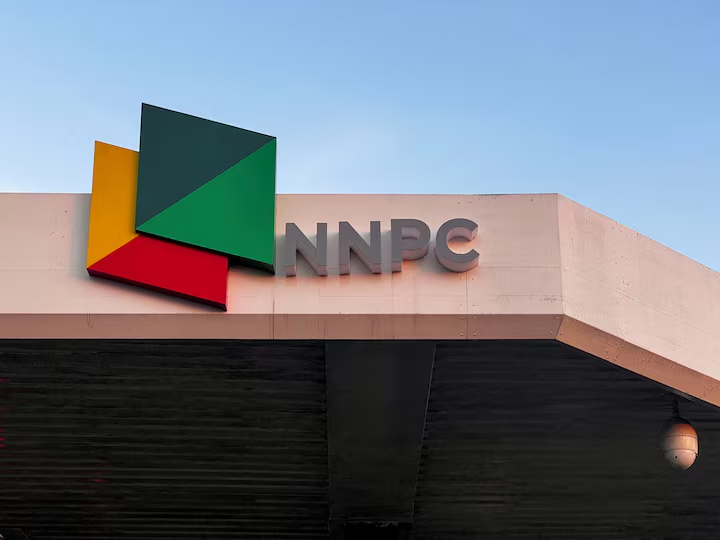
LAGOS, April 3 (Reuters) – Nigeria’s President Bola Tinubu has appointed ex-Shell executive Bayo Ojulari and a new board to run the Nigerian National Petroleum Company, raising hopes of a much-needed overhaul at the troubled state-owned firm and a boost in oil production.
Long serving as Nigeria’s golden goose, NNPC’s opaque dealings, corruption and high-level political meddling have crippled its finances in recent years, creating challenges the new leadership must tackle if they are to get the company – and the nation’s economy – back on track.
Here is what to know about NNPC’s operations.
WHY DOES NNPC MATTER?
Nigeria’s economy is dependent on oil, which accounts for 90% of exports and typically half of the revenues that fund its national budget, making NNPC’s performance critical to the economic well-being of Africa’s most populous nation.
“No Nigerian president can succeed in moving the needle of the economy without addressing the long hydra-headed issues that have made the state oil company a cesspit of malfeasance for decades,” said Abuja-based energy analyst Kelvin Emmanuel.
Nigeria produces around 1.75 million barrels of oil per day mostly through NNPC’s joint ventures with international partners Shell, ExxonMobil, TotalEnergies, Chevron and Eni.
NNPC, which is also Nigeria’s largest importer of refined fuels, said last year that it had $161 billion in assets.
RESTRUCTURING NNPC
One of the biggest tasks for Ojulari, a 24-year industry veteran, will be to restructure NNPC to become more efficient, analysts said.
That could involve cutting its workforce of over 5,700 employees and selling off some of NNPC’s sprawling assets, which include petrol stations and troubled refineries, in order to concentrate on oil production.
Any large-scale changes, however, could face pushback from powerful politicians, who influence appointments at NNPC and benefit from the company’s contracts, the analysts said.
Jeremiah Enoch, an associate at consultancy firm J.S. Held, said Ojulari would also have to carefully navigate “the persistent issue of ethnic politics within the organisation,” referring to how ethnic identity can make or break careers in Nigeria.
TRANSPARENCY
NNPC has long been accused of lacking transparency. It only started publishing financial results in 2021 after four decades of operations.
Last September, after months of denials, it finally admitted it was facing financial strain and owed $6 billion to gasoline suppliers.
NNPC has also not disclosed how much of its future crude revenues are earmarked for loan repayments, though local media report the figure could run into the billions of dollars.
Clementine Wallop, director for Sub-Saharan Africa at political risk consultancy Horizon Engage, said Ojulari faces a tough challenge to sustain recent production gains that many hope will underpin Nigeria’s economic recovery.
“He will need all his skills to tackle some serious challenges at NNPC, which has had a rocky time financially in the last year,” she said.
Restructuring and transparency would also help ready NNPC for a planned initial public offering, which could come in the next 12 to 15 months and provide a useful injection of fresh capital, a senior company official said.
($1 = 1,532.3800 naira)
(Reporting by MacDonald Dzirutwe in Lagos, Ben Ezeamalu in London and Ope Adetayo in Abuja, editing by Joe Bavier)

